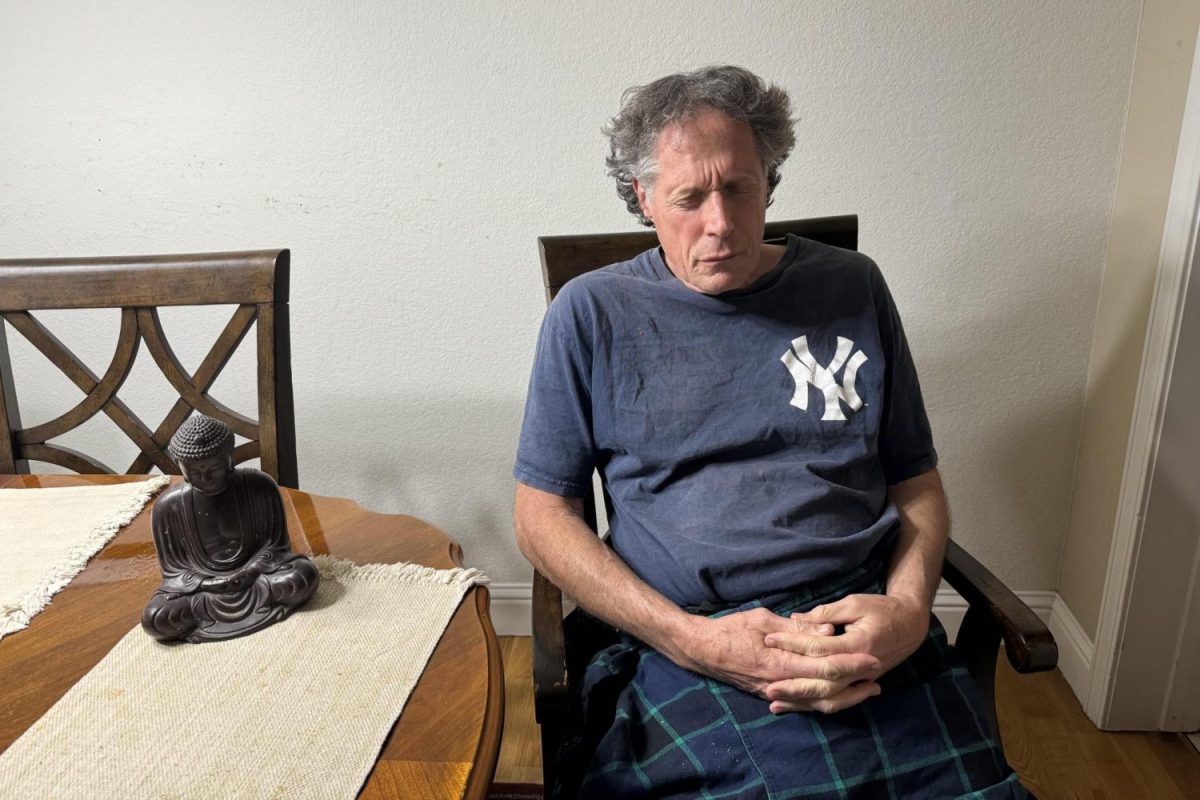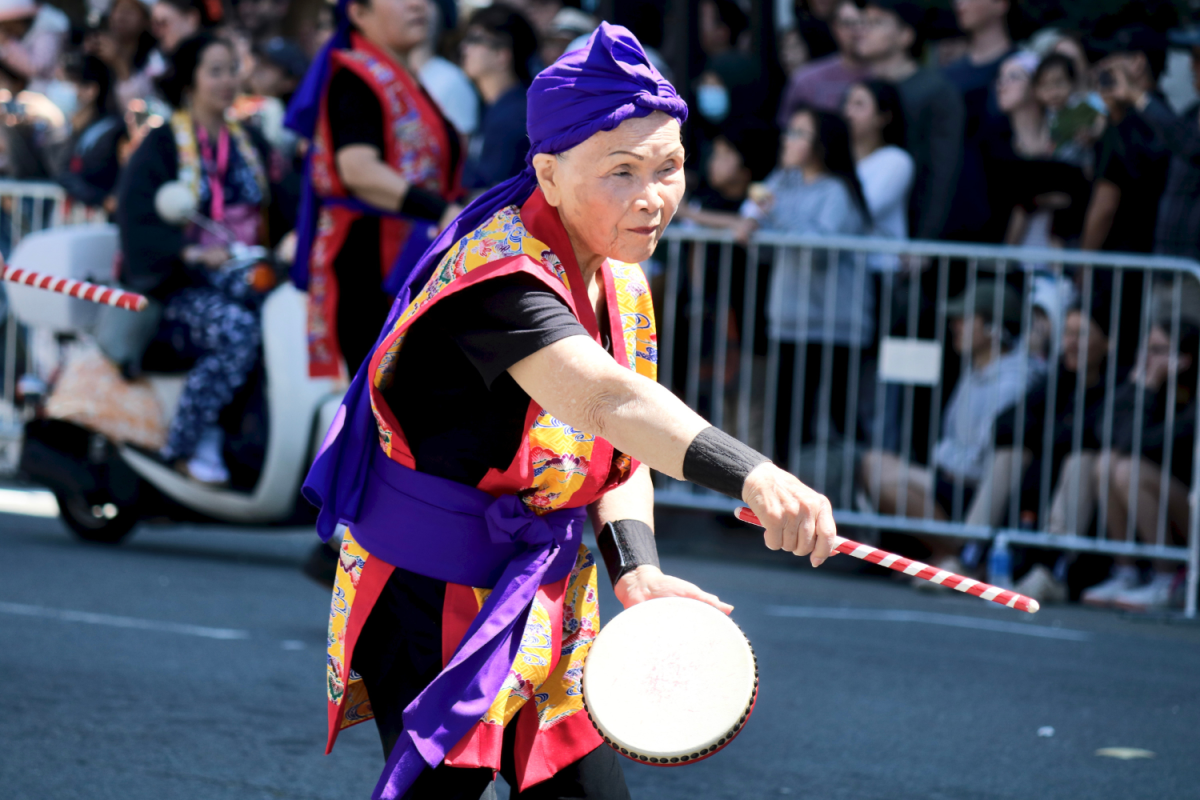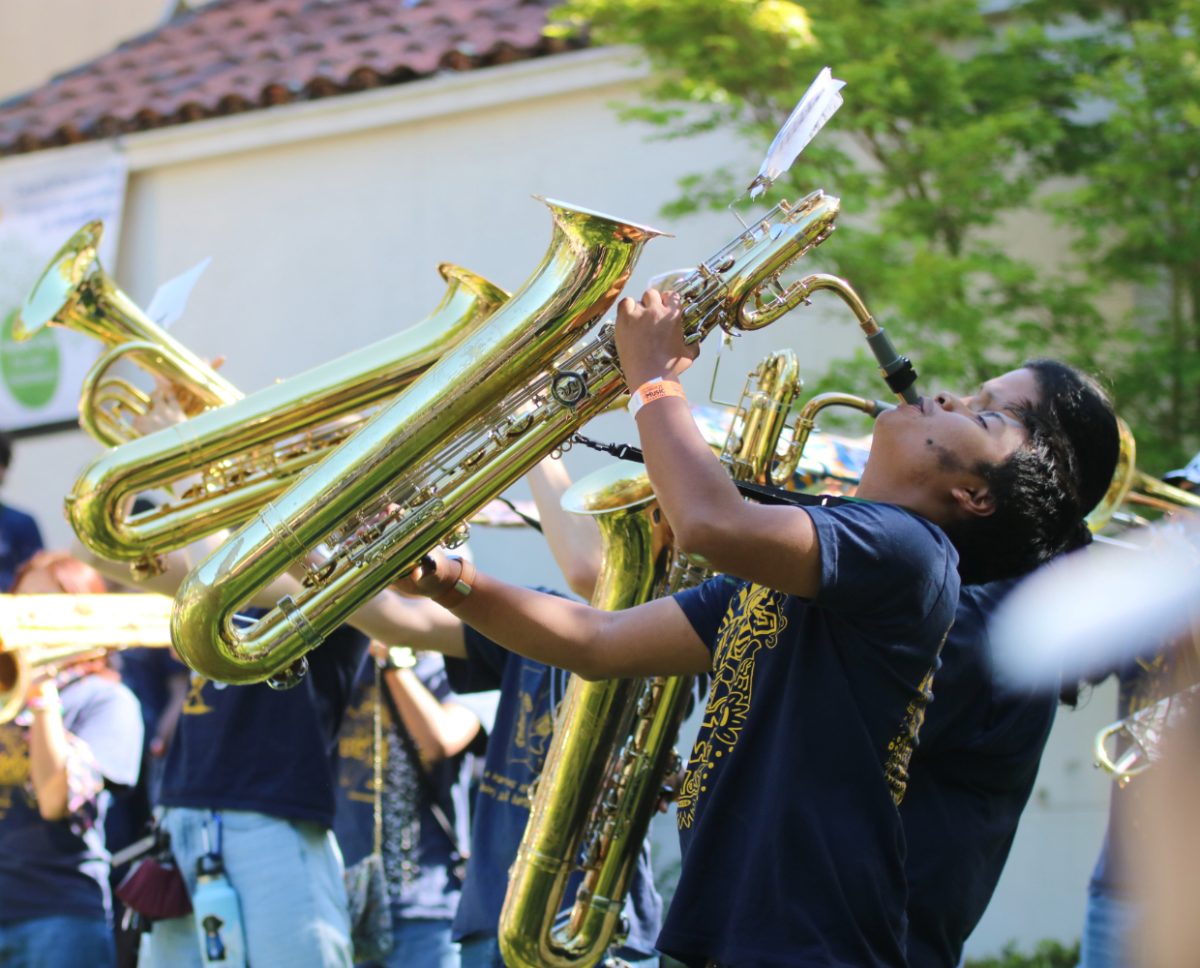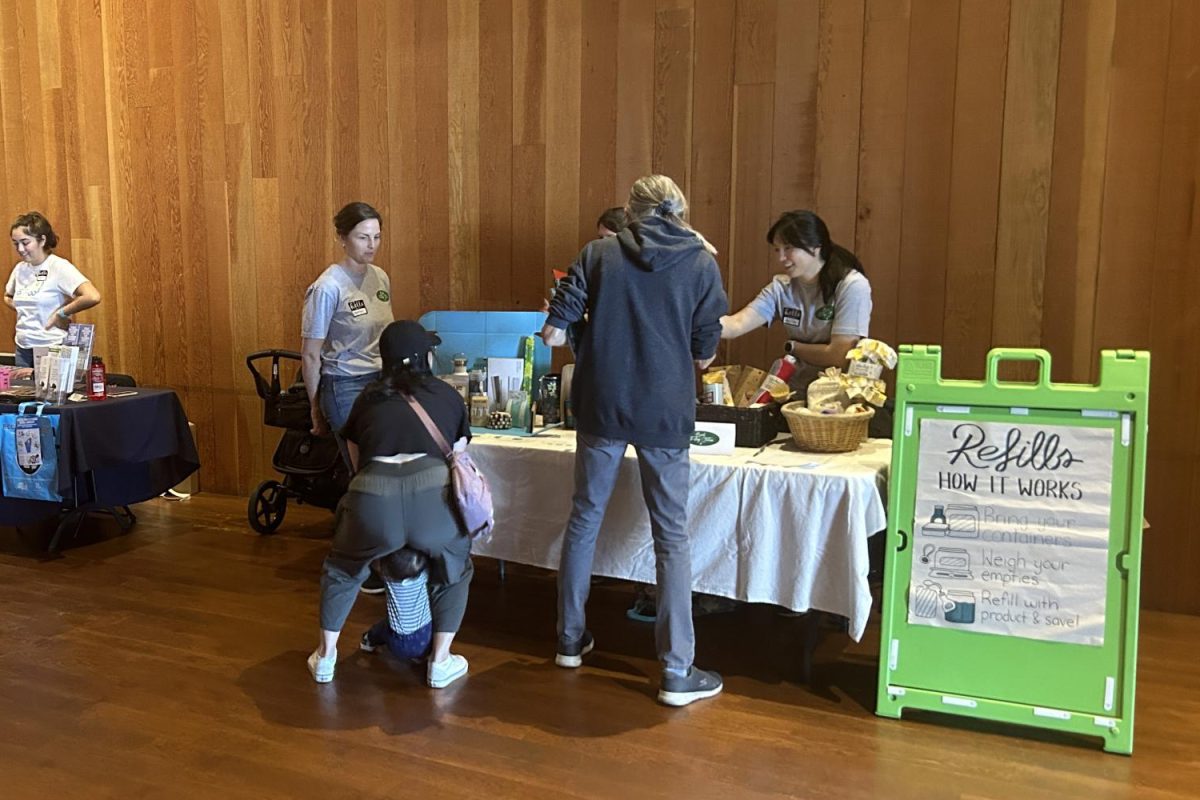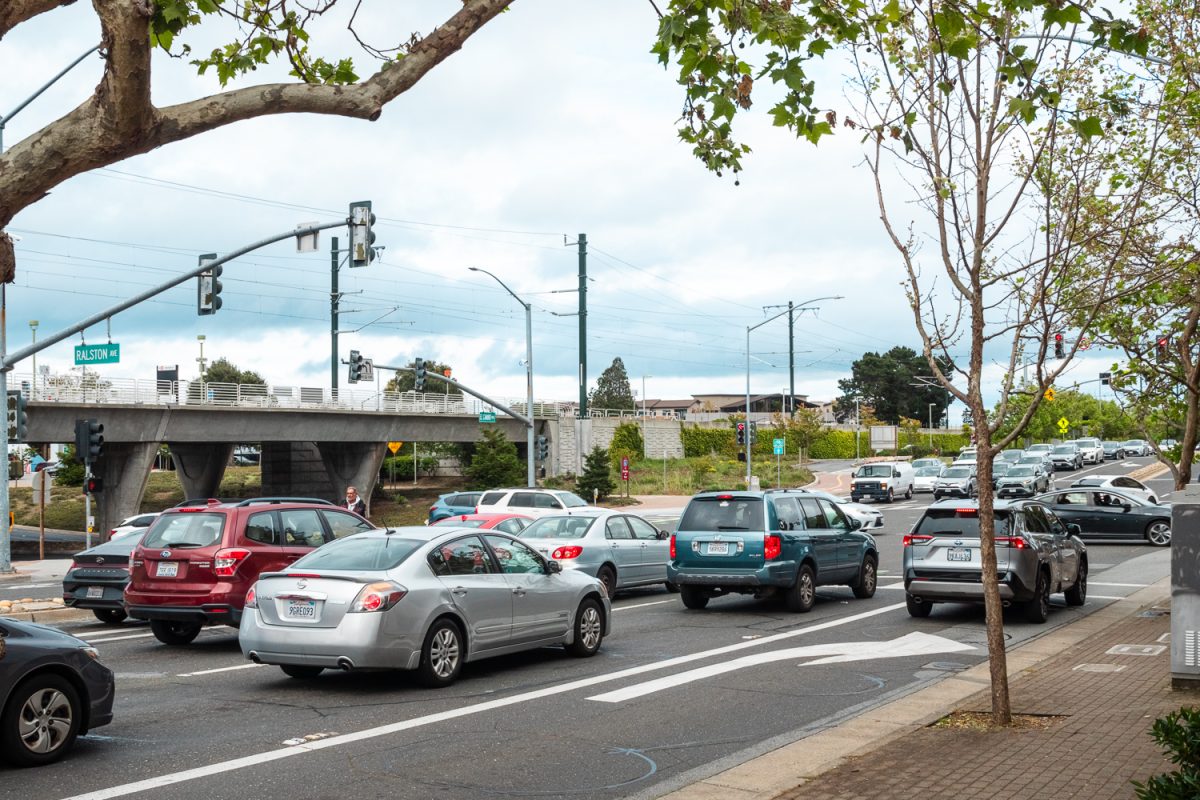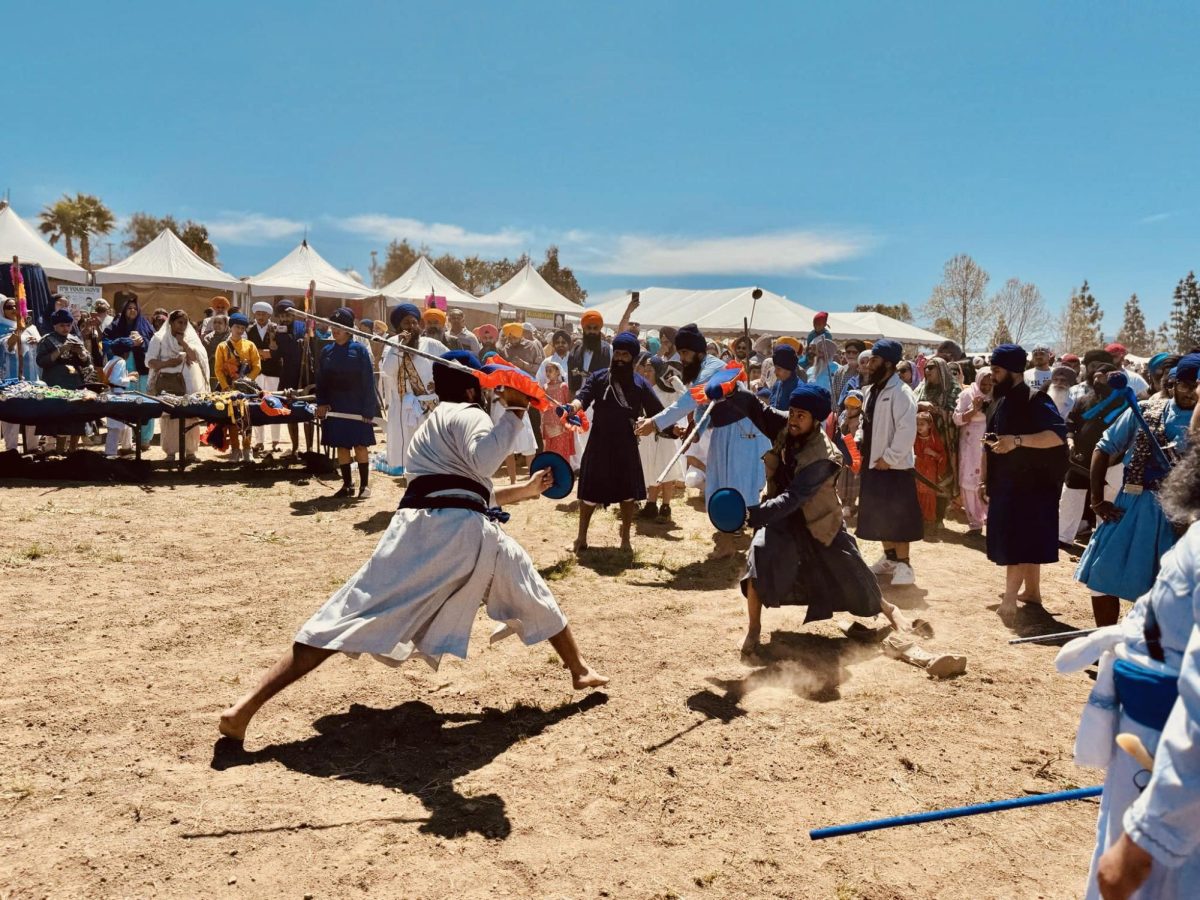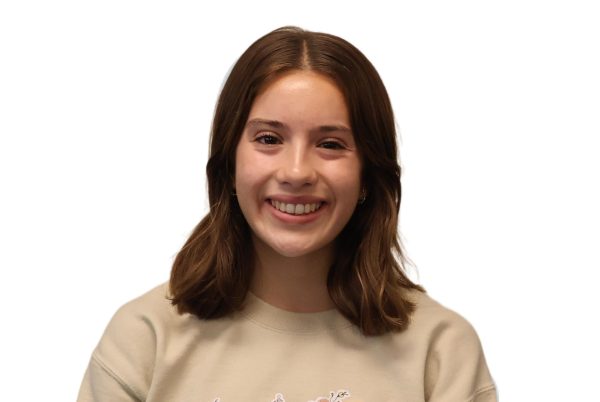Alternative psychology leaders inspire individuals to rewrite the victim narrative with judgment-free mindsets in light of current national trauma.
In the last year, local communities and nationwide groups have borne the effects of trauma and anger as a result of war and persistent conflicts. As a result, many psychology teachers have committed themselves to helping alter the mindsets of affected individuals.
Inspired by the significance of attitude within psychology, Diane V. Cirincione, PhD, an organizational behaviorist who works in clinical and counseling psychology, joined Gerald Jampolsky to embark on a journey of Attitudinal Healing.
“Attitudinal Healing is the realization that it’s not other people or experiences that cause us to be upset,” Cirincione said. “Ultimately, our thoughts, attitudes, and reactions about those things cause distress.”
Attitudinal Healing International (AH International) has spent the last 50 years visiting over 61 countries or regions of warzone and trauma. AH International members must be willing to assist individuals of different backgrounds and approach the situations where they help in a judgment-free manner and with a willingness to learn.
“It’s a matter of openness to others because your attitude will determine how you experience the world,” Cirincione said.
Cirincione acknowledges that many individuals that she has worked with have been victims of an act of violence or an unwanted situation. Still, she encourages individuals to look past the victim mentality.
“Something happens, and you feel like there’s only one reaction to it, but isn’t there another way of looking at this?” Cirincione said.
To approach situations where individuals with trauma feel victimized or vulnerable with a new perspective, Fred Luskin, PhD, author and director of the Stanford Forgiveness Project, teaches the science behind forgiveness and how to approach situations with a forgiving perspective to live a happier future.
“Forgiveness matters. It saves people a lot of pain, and it’s hard to do,” Luskin said.
Luskin initially discovered the importance of forgiveness in his own experience. Struggling to forgive someone meaningful to him, Luskin realized that his lack of acceptance had changed his attitude toward himself and others. Discovering forgiveness altered his perspective.
“I made peace. I then turned what I had learned into a study at Stanford, testing out whether what helped me would help other people,” Luskin said.
Luskin’s experience of betrayal is not foreign to many individuals, including sophomore Nuvya Sharda, who found a way to move forward after a betrayal.
“It affected me because I learned that I have to stop being petty, and I can’t focus on it, so I’ve moved on,” Sharda said.
Discovering this peace that many betrayed individuals find hard to reach inspired Luskin to teach his forgiveness model across the globe by adapting his teachings and helping diverse individuals or societies to forgive.
For this reason, these models have been significant in light of recent worldwide conflicts. Both Cirincione and Luskin provide material and resources for different regional leaders to adopt and adapt to help their communities combat their traumatic and attitudinal blockages.
“We make every center independent so they can find their way within their society. AH International is here to support them with any extra material or connections they need,” Cirincione said.
One of the many influences that AH International centers have had is their impact on the young adult and adolescent communities in helping them work with peers to express their stories and anguish.
Although most people have not been physically present in the tumultuous events and wars occurring in other nations, many have felt the effects of these events on the people or places they know and love. These events have resulted in increasing anger, sadness, frustration, and anxiety expressed through social media channels, especially by adolescents and young adults.
“I think most people our age get their news from social media, and it can be negative because it can be fake,” Sharda said.
Awareness of adolescent mental and attitudinal struggles inspired Cirincione and Jampolsky to establish one of their initial programs for adolescents, which guides teenagers to change their attitudes toward themselves and others for the better.
“It’s really about individuals finding the strength within themselves to be sturdy amidst the barrage of influences in the world, and Attitudinal Healing is a great way to do it,” Cirincione said.

